The Relevance of Justin Fashanu to LGBT History 20 Years after His Death
It’s been 20 years since Justin Fashanu died on May 2, 1998. He made history as the first professional footballer to come out as gay while playing at a top level.
Fashanu was born in the UK to a barrister father and a mother who worked as a nurse. Following his parents’ split, Justin and his younger brother, John, also a footballer, were fostered by Alf and Betty Jackson and brought up in Shropham, Norfolk.
Fashanu began his football career with Norwich City, turning professional at 17 in 1978. Three years later, he became the first black footballer to command a £1 million fee when he transferred from Norwich to Nottingham Forest in 1981.
However, after his transfer, rumours about his sexual orientation began to spread within the club. In the 1980s, British society was still extremely biased against gay men and gay sex. At the time Fashanu joined Nottingham, it had only been 13 years since homosexuality had been partially decriminalized in England and Wales, and stigma against gay men was rampant in and outside of the sporting world.
Nottingham Forest manager Brian Clough eventually sold Fashanu to Notts County for £150,000, just above a tenth of what he had paid for him to come play for Nottingham. The player hopped from one club to another. During his 20 years-long career, he played for 22 clubs in the UK, the US, Canada and even New Zealand.
Fashanu came out as gay on October 22, 1990, becoming the first professional footballer to ever come out in the UK. He gave the exclusive to The Sun, which ran the headline: “£1m Football Star: I AM GAY.”
The interview was met with serious backlash from both members of the public and football personalities, who felt that gay men had no place in team sports.
“He was picked on because of it, made to feel inferior, different, wrong,” said Fashanu’s niece Amal told Yahoo! Sports in 2013.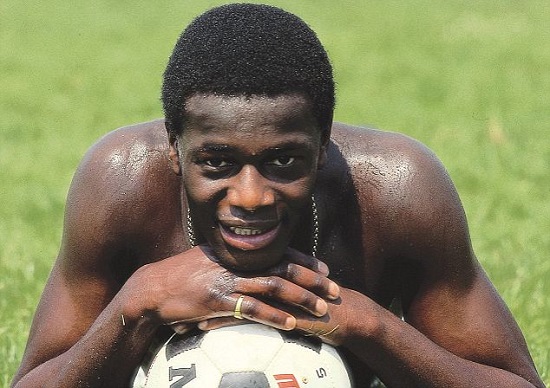
A year later in July 1991, Fashanu told Gay Times that he had not anticipated the backlash he would suffer from the interview. He said his career was “heavily damaged,” and that no club offered him a contract since he made his homosexuality public. Fashanu revealed that he had received a lot of money for his Sun exclusive, but that people close to him had offered him even more money to keep him silent.
Fashanu’s own brother, John, was one of those people. He offered him £75,000 not to come out.
A week after Justin came out in The Sun, his brother, John gave an interview to The Voice, which ran the headline: “John Fashanu: My Gay Brother Is an Outcast.”
Forbidden Games, a 2017 documentary examining Fashanu’s life and legacy, shone light on the Fashanu brothers’ relationship, which had always been a complex one. Footage in the documentary showcase a somewhat bitter John complaining that he “couldn’t go anywhere without people calling [him] Justin.”
In a Guardian interview promoting Forbidden Games, John Fashanu admitted that when his brother came out, he was afraid people would think he was the one that was gay. He also said he was “cross” with himself for not seeing “these challenges Justin was having.”
“A little bit more understanding and a little bit more softness could’ve changed a lot of things…” he said.
Twenty years ago, Fashanu’s body was found in a lock-up garage in East London. The footballer died by suicide following rape allegations against him stemming from his time living in America. He was accused of sexual assault by a 17 year old. Fashanu said the sexual relationship was consensual.
Part of his suicide note read: “I realised that I had already been presumed guilty. I do not want to give any more embarrassment to my friends and family. I wish the Jesus I love welcomes me home.”
Fashanu was the first professional footballer to come out, and so far, he’s still the only to have done so.
However, attitudes towards homosexuality are changing, thanks in part to Fashanu. A spokesperson for the Football Association (FA) said in 2017 the league was “committed to tackling homophobia, biphobia and transphobia in football at every level of the game.”

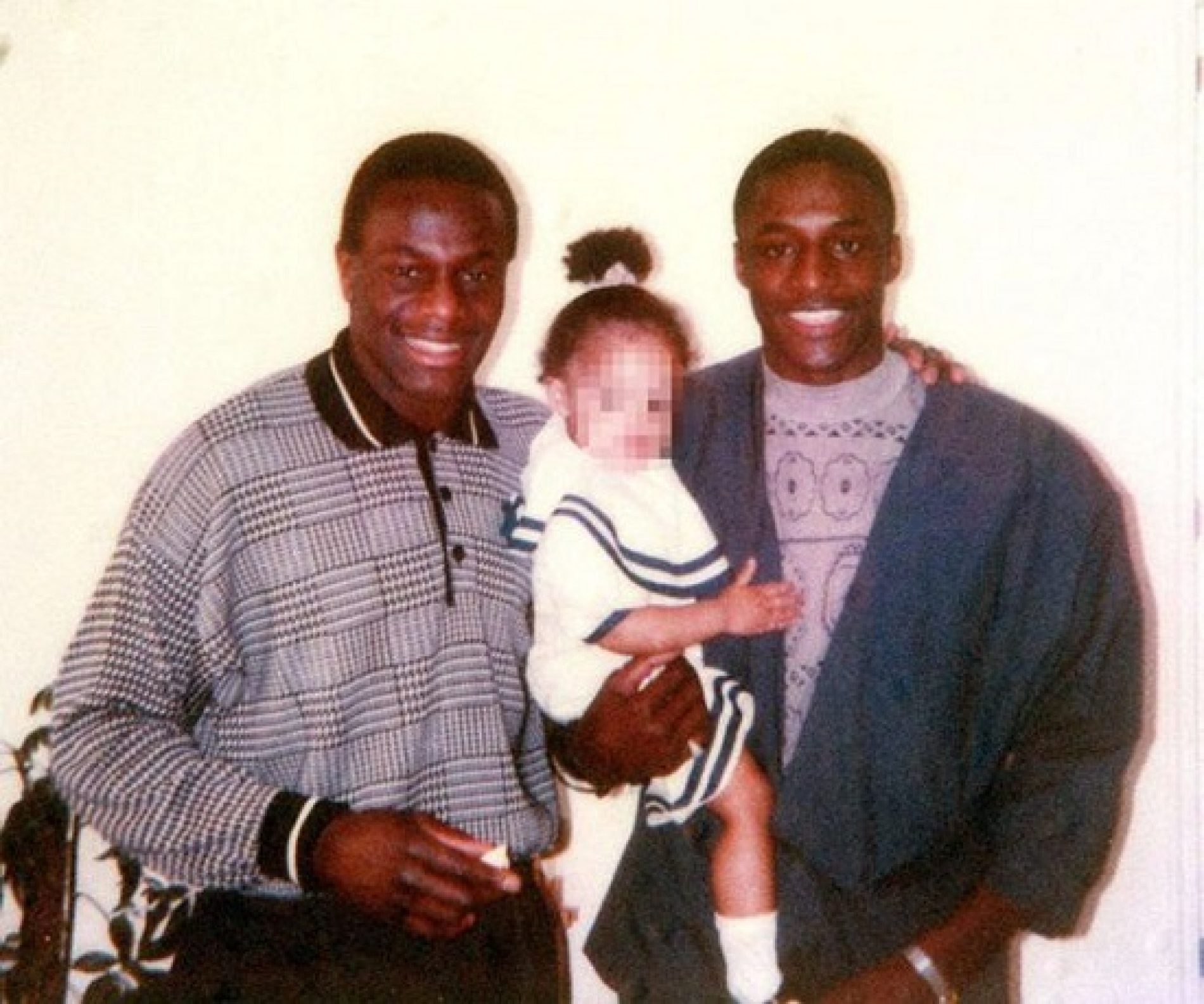
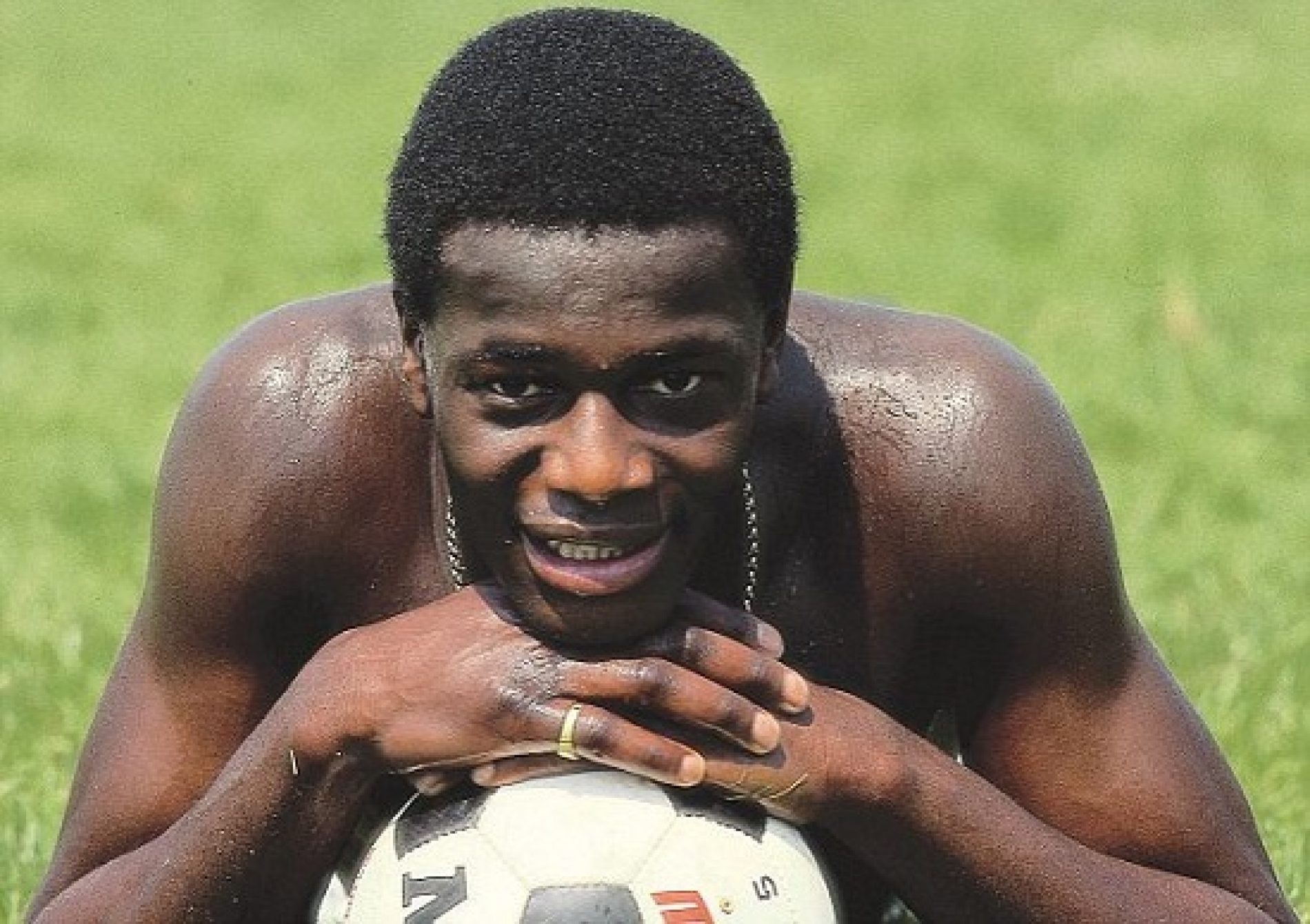
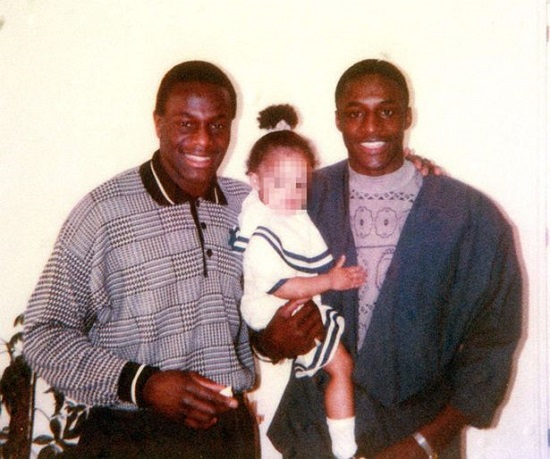
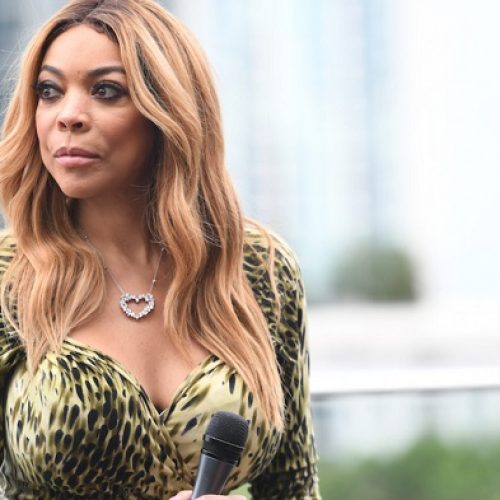
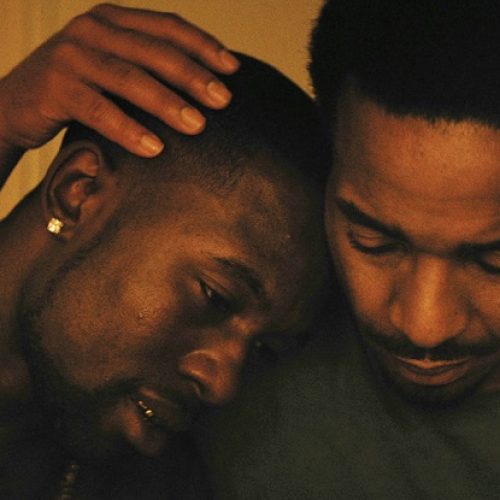
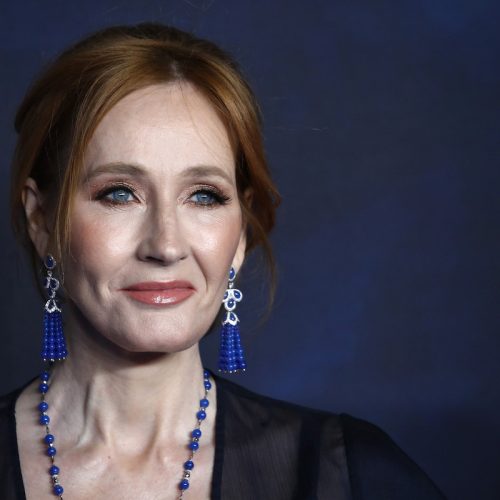






7 Comments
Ikedi Oghenetega
May 04, 07:41Here’s to not caring about conservative opinion. He was fearless.
I L
May 04, 08:13KD rocks no doubt and Pink Panther you are bae. Nice Job all the way. Love articles like this. more people need to read them.
Pink Panther
May 04, 08:38Why thanks, IL. ?
Ria
May 04, 11:37He really was courageous. Society once again confirming that they have failed so many of our heroes, just because of who they choose to love. May his legacy live on.
Malik
May 04, 13:01“I realised that I had already been presumed guilty.” This broke my heart.
Chiedozié
May 05, 00:03Heartbreaking and inspiring.
NaijaTgal
May 20, 15:50Thank you Pinky for posting about this great man. I still haven’t forgive John for how he handled this situation, shouldn’t family always come first ?
Please what’s the name of the 17 year old that accused him of rape? Asking for a friend.
I wonder how the Nigerian LGBTI community would have benefitted from his strength today, if only John and the hyper masculine football fanatics had been a bit more accommodating and tolerant.
Such a fearless zaddy, RIP hero!